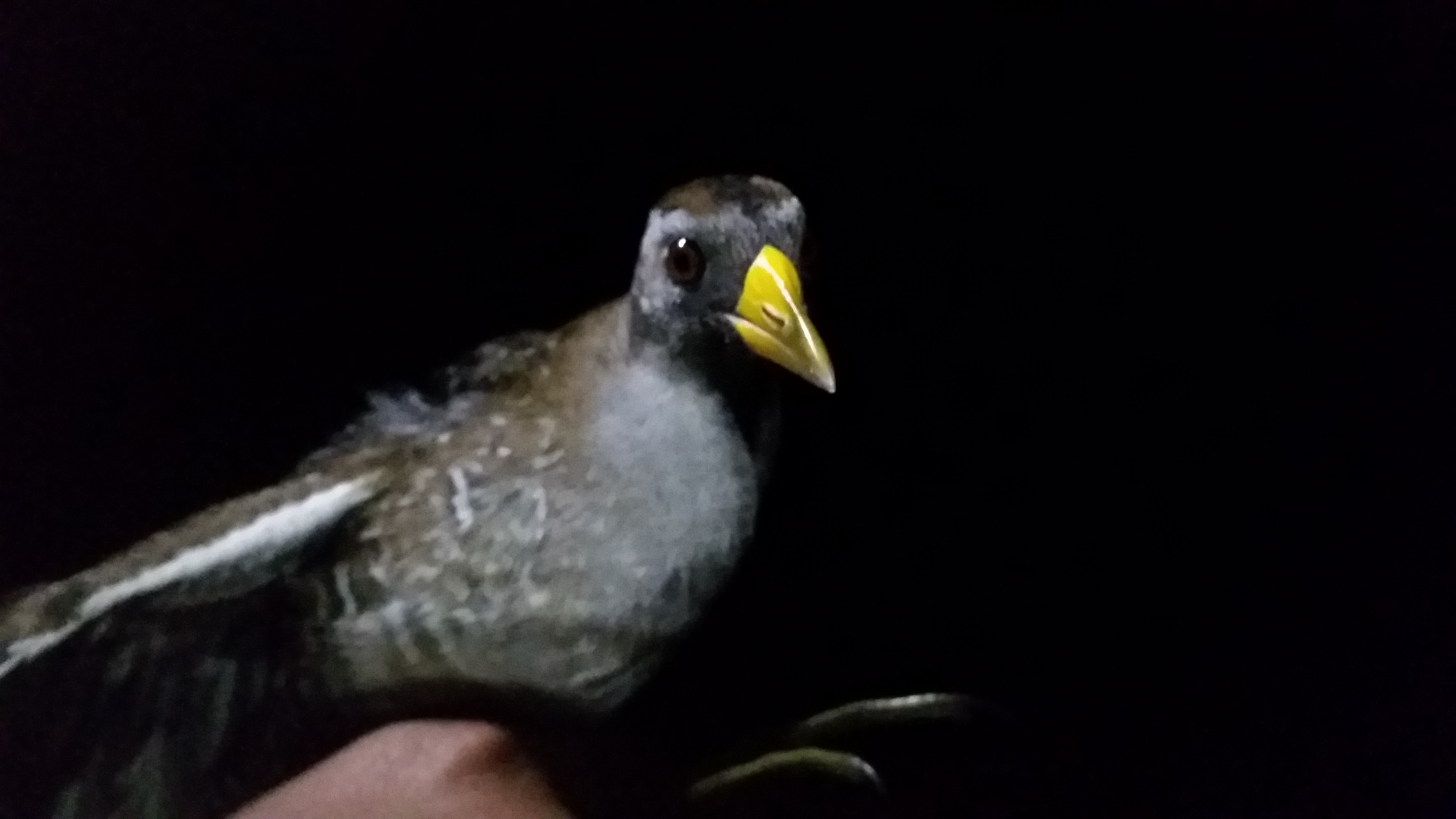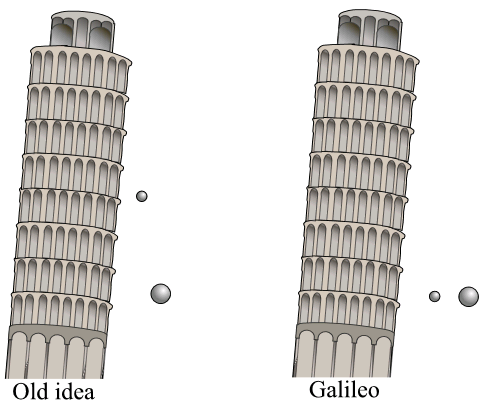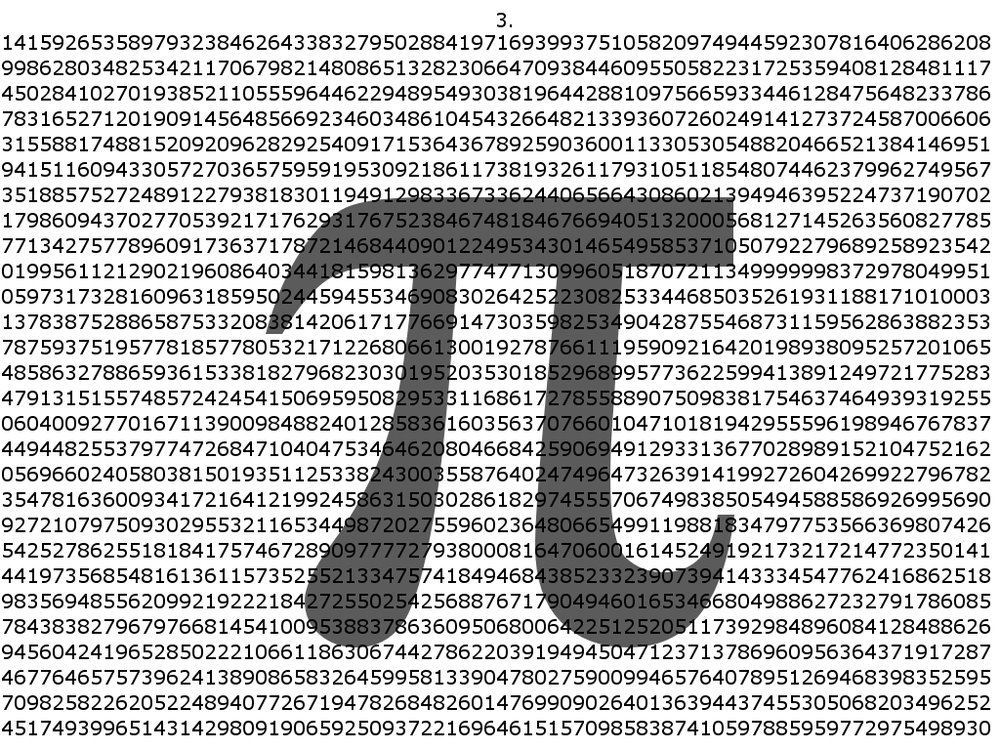
By: Auriel Fournier, Math & Stats Editor Happy World Wetlands Day! Today I am going to dive into the two things that I think are often misunderstood about wetlands: The role that hunters and statistics have played in wetland conservation in North America. One reason we have so many wetlands today is because of hunting, […]






